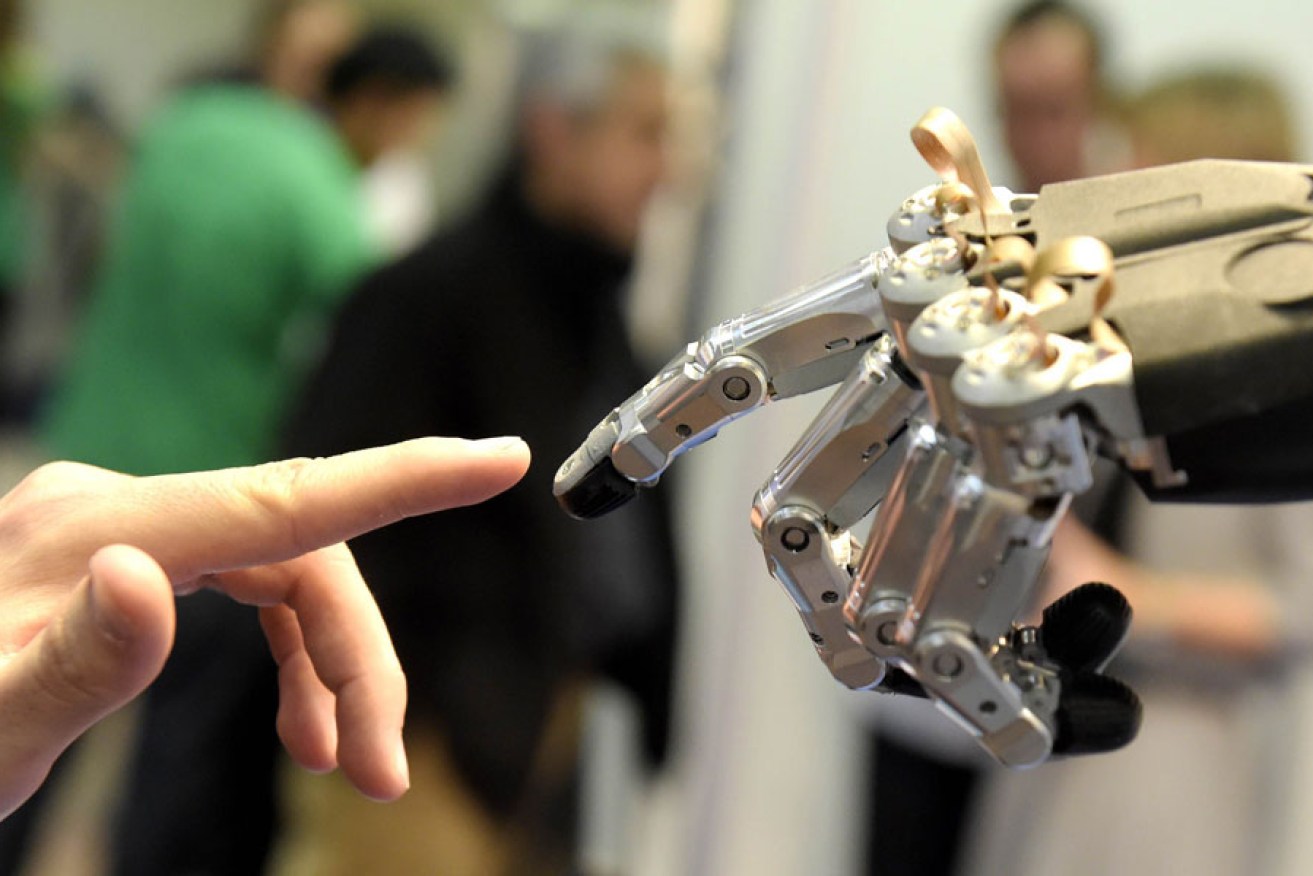Preparing for the challenges of a post-pandemic future
Smart, determined action to tackle fundamental changes to the workplace and environment is key to preparing our children and nation for the issues and opportunities of the decades ahead, argues Susan Close.

Photo supplied
We already know about the three horsemen heralding dramatic changes for the Australian economy: digitisation and automation changing the face of work, internationalisation making parts cheaper but our labour comparatively expensive, and climate change drying our landscapes and fanning catastrophic fires.
A fourth – the pandemic long-heralded yet never really expected – has arrived recently and dominated our attention, like a late guest arriving flamboyantly drunk at an already exhausting party.
The rise of digitisation, automation and machine learning is heralding a new post-industrial revolution whose impact is yet to be fully felt in the Australian economy, but whose consequences will at least affect, and possibly fundamentally alter, most spheres of work.
The use of technology in all work is increasing, and the disappearance of jobs that can be done more cheaply or more productively by computing power has begun.
Without a well-educated population that can master these technological and governance challenges, nations risk being consumers not producers, clients not creators, in this world of the mega-technological company.
Australia is now fully exposed to the international economy, with all the consequent benefits and challenges.
What this means is that most work now, and all work in the future will be in direct competition across the world. The 2020 COVID-19 pandemic has laid bare the interdependence of all nations, not only with the rapid spread of the virus, but with the consequences of supply chain and marketplace breakdown. That crisis also reminds all nations that losing the capacity to manufacture essential goods makes them vulnerable.
The twin challenges of the climate crisis and biodiversity loss require rapid decarbonisation and dramatic changes to land use and consumption at a time when the world’s population is irrevocably set to reach 10 billion in thirty years. How this is to be done when the only action that will be effective must be taken by multiple nations, and how the crises will be experienced by each nation, is as unpredictable as it is certain that action must occur and consequences will be felt by all.
If we are to remain a prosperous and compassionate democracy we must deal with all of these issues simultaneously. The early signs of their negative effects are being felt in advanced economies as increased inequality, low wage growth, underemployment and insecure work, and across the world in the form of large-scale migration, extreme weather events, and competition between nations which threatens wages and conditions.
Moreover, the rise in anger towards traditional political parties, a weakening of democratic institutions, and trade conflicts, have all become a feature of politics around the world. And now we are in a full-blown global recession thanks to the virus.
What to do?
- Teach all our children well – having a quarter of young people not finishing school is no longer tolerable and we need more people going on to and returning to further and higher education.
- Invest in research and development to drive innovation in the sectors we are already capable in: food and wine, biomedical devices and treatments, cybersecurity and machine learning, renewable energy to name a few.
- Accelerate the decarbonising of our economy and reduce our demands on nature. If the new economy isn’t green, it won’t last.
- Put creating decent secure jobs at the centre of industry policy and a necessary outcome of any government investment.
These actions require governments to show leadership and to spend money. Rhetoric won’t make us the smart and lucky country in the mid-21st century. Nor will platitudes or denial. Action in concert with industry – employers and employees – alongside world-leading researchers and educators is the path forward.
We have the ingredients to deal with this: high quality universities, increasingly agile industry and a population that understands what is at stake.
We now need a government that will take the first three horsemen as seriously as the fourth. We have shown remarkable management of that untidy and unwelcome guest, COVID-19.
Now let’s grasp our children’s future and make it worth finishing school for.
Susan Close is the deputy leader of SA Labor and holds the portfolios of Climate Change, Environment and Water, Higher Education and Industry




